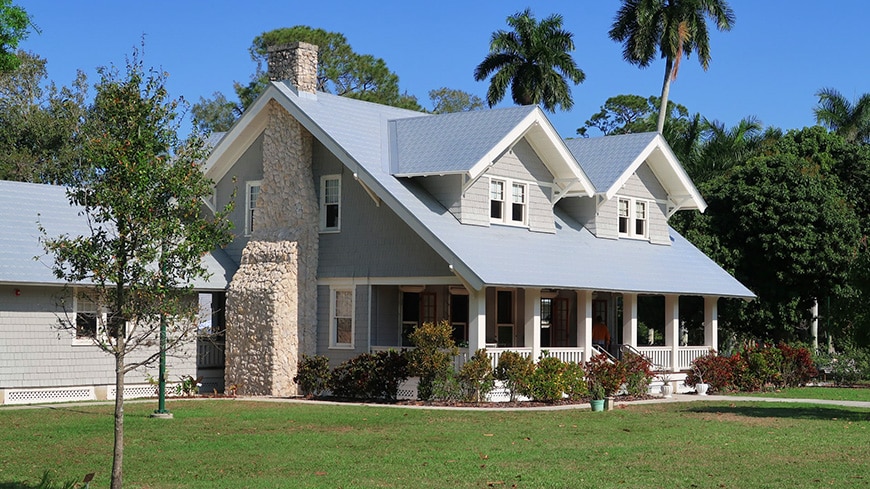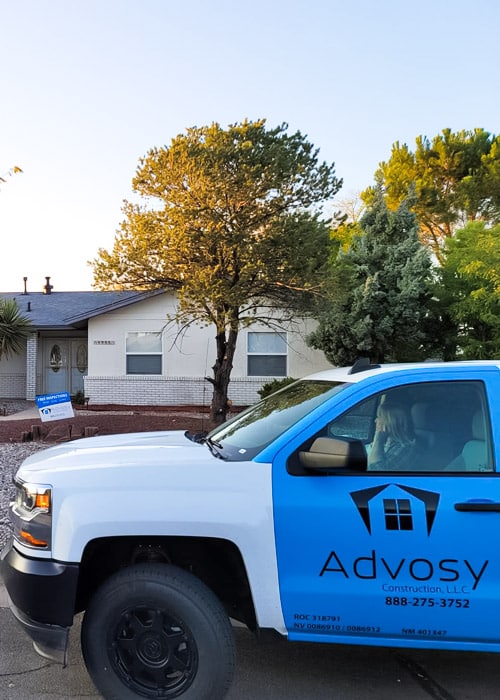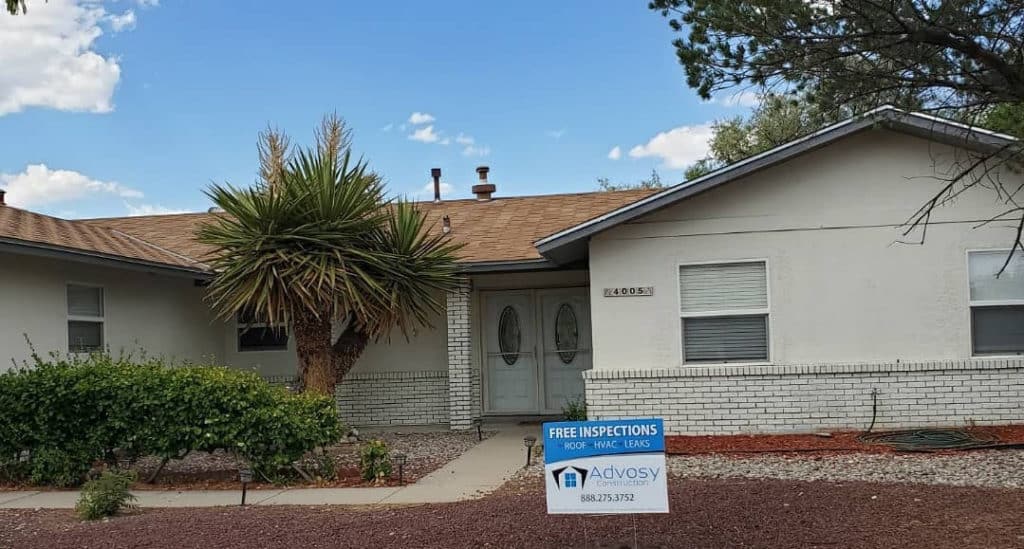Installing a roof in Arizona is regulated by the state. The regulations are important for any individual or business that wishes to take on this type of project, as compliance with the rules ensures safety and quality. This article will provide an overview of what is required when installing a roof in the state of Arizona.
The first step towards understanding how to install a roof properly in Arizona is to familiarize oneself with the applicable laws and regulations. It is essential to understand all relevant statutes and codes pertaining to roofing before beginning work on such projects. Understanding these laws can help ensure that both safety standards and building specifications are met during installation of roofs in Arizona.
Overview Of Building Regulations In Arizona
In the state of Arizona, building regulations are strictly enforced to ensure that all structures meet safety standards. The purpose of these regulations is to protect both the public and private property from any harm resulting from construction projects. All buildings must be constructed in accordance with applicable codes and laws of the state as well as local jurisdictions. Building permit requirements vary depending on a number of factors such as location, size, complexity, and use. As such, it is important for individuals or organizations undertaking any type of construction project to become familiar with their obligations under applicable local bylaws and regulations.
The enforcement of building regulations in Arizona is carried out through several agencies including the Arizona Registrar of Contractors (ROC), which administers licensing requirements for contractors; the City Development Services Department (CDSD); and other departments at various levels of government. These entities work together to ensure compliance with applicable rules and guidelines pertaining to new construction projects.
Requirements For Installing A Roof In Arizona
In Arizona, roofing contractors must meet certain requirements in order to legally install a roof. All contractors must maintain an active contractor’s license from the Registrar of Contractors (ROC). The ROC requires all applicants to demonstrate experience and knowledge in residential and commercial roofing installation by passing both a business management exam and trade exam. Additionally, contractors are required to provide proof of liability insurance for any work performed as well as workers’ compensation insurance when applicable.
Furthermore, roofers must adhere to local building codes that govern the materials used on roofs such as tiles, shingles, metal or rubber membranes. These standards ensure that roofs are properly installed with quality construction practices which protect against water intrusion and other damage caused by weather elements. In some cases local jurisdictions may require additional permits specific to their particular area before a contractor can start working on a project.
Local Regulations And Building Permits
In Arizona, installing a roof requires adhering to local regulations and obtaining building permits. Local codes vary by jurisdiction but they typically include requirements related to construction materials and installation practices. For example, some jurisdictions may have specific enforcements for minimum slope or maximum pitch of the roof. Additionally, there are often restrictions on what type of material can be used in order to meet fire safety standards. Furthermore, these regulations should also pertain to any additional components such as flashing or skylights that are installed with the roof.
To ensure compliance with all applicable rules and regulations, it is important to obtain the necessary building permits before starting any project related to installing a roof in Arizona. Permits will give authorization from local government officials to begin work on the project. A licensed contractor usually applies for the permit based on their assessment of the job site and proposed plans for installation. These documents must then be submitted along with relevant fees in order for construction work to commence legally.
Materials And Design Specifications
In Arizona, the installation of a roof requires adherence to several regulations and specifications. Building permits are required for all new construction projects that involve structural changes or modifications; failure to obtain one can result in costly fines and penalties. The material used must also meet certain standards set forth by local building codes, as well as any additional requirements imposed by the homeowner’s insurance provider.
Additionally, proper design considerations must be taken into account regarding pitch, slope, ventilation, drainage, flashing systems and other features that protect against water damage. These components must be installed properly in order to ensure long-term stability and safety of the structure. Furthermore, workers should have adequate training in accordance with OSHA guidelines prior to performing any work on a residential property. Following these regulations will help ensure that the project is completed correctly and efficiently while meeting all applicable laws and industry standards.
Licensing Requirements For Roofers
In the state of Arizona, roofing contractors must be licensed in order to perform any kind of roof installation. The type of license required depends on the size and scope of the project. For residential projects, a C-39 Roofing Contractor License is necessary; for commercial and industrial projects, a C-43 Tile & Slate Specialty License is needed. Before applying for either license, applicants are expected to have at least two years experience in some form of construction work or equivalent education as determined by the Registrar of Contractors.
Applicants must also provide proof that they have sufficient financial resources to handle their operations through items such as surety bonds, letters from suppliers and tax returns. As part of the application process, a criminal background check may be conducted by the Registrar’s office before approval is granted. Additionally, an examination should be taken covering relevant topics such as building codes and safety regulations. Upon passing this exam, successful candidates will receive their license along with other requirements set forth by Arizona law which include insurance coverage and workers compensation policies.
Cost Estimation For Roof Installation
The cost of a roof installation depends on several factors, including the size and complexity of the project, materials used, labor costs, local building codes and permits. It is important to consider all these elements when creating an accurate cost estimation.
When calculating the estimated cost, it is also advisable to add in additional fees such as delivery charges for materials or travel expenses associated with transporting workers to the job site. Additionally, any warranty coverage should be factored into the total price. Furthermore, it can be beneficial to get quotes from multiple contractors before making a decision on who will do the work. Researching different options ahead of time will help ensure that you are not overpaying for your new roof.
Resources For Installing A Roof In Arizona
When installing a roof in Arizona, the installer must be aware of applicable regulations. The State of Arizona requires that all roofing contractors are licensed and insured. In addition to licensing requirements, roofers should adhere to local building codes for roof installation, which may vary based on jurisdiction within the state. One such code is the International Building Code (IBC), which applies to most jurisdictions in Arizona and includes standards for materials used as well as proper construction techniques.
In order to ensure compliance with these regulations, it is important to consult with an experienced contractor who understands the relevant laws and can provide appropriate guidance regarding material selection and installation methods. Furthermore, reputable contractors will have access to resources such as technical manuals or other instructional documents related to specific types of roofs and systems available in Arizona so they can make informed decisions when selecting components and completing installations.




